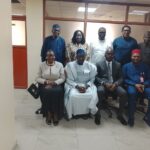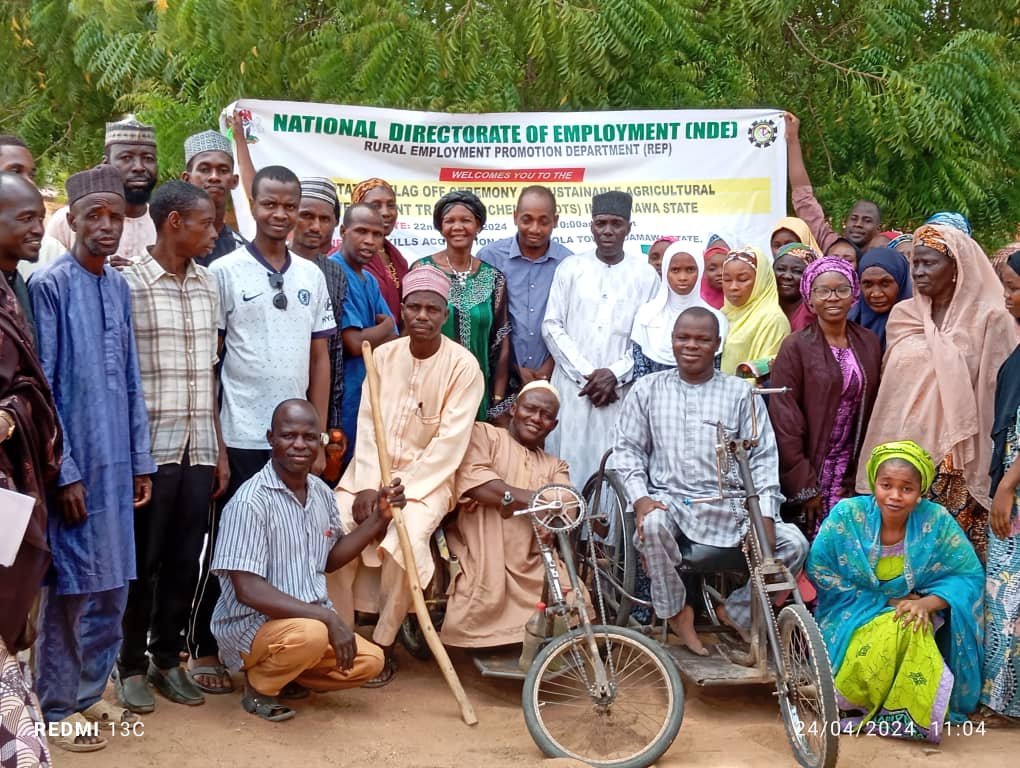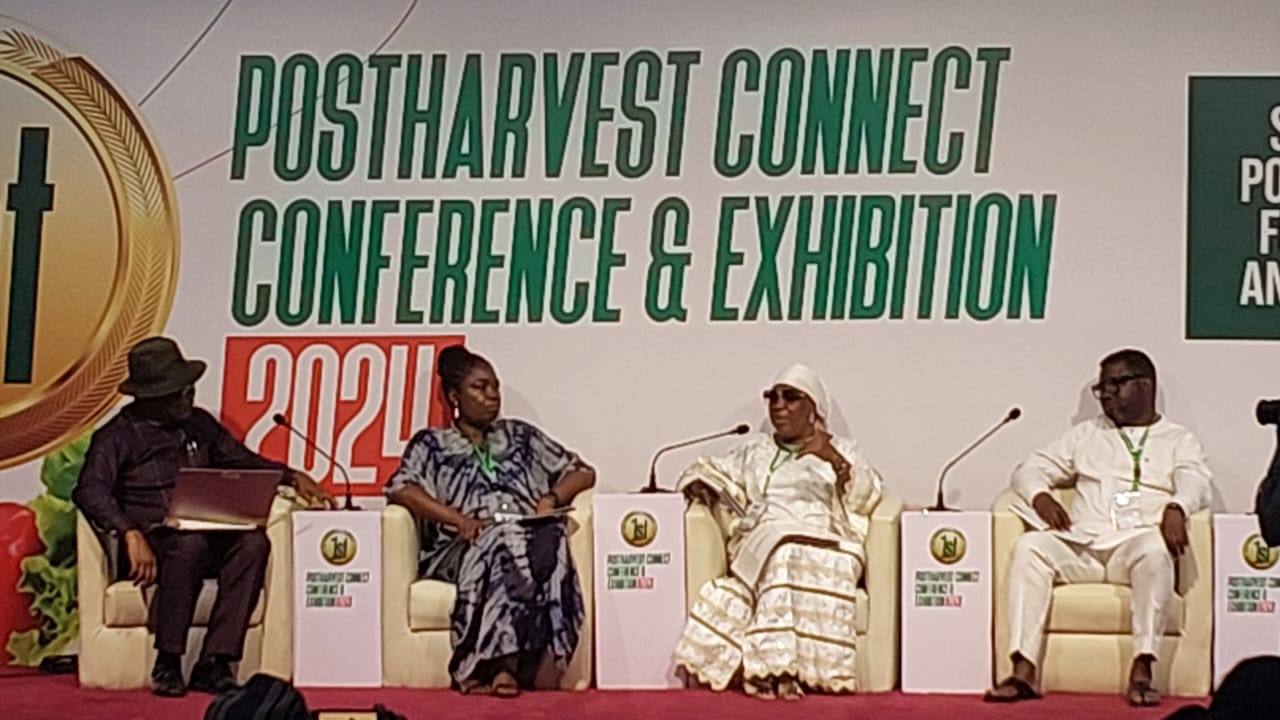FG pledges policies, programmes for inclusive veterinary practice
By Felicia Imohimi The Federal Government says it is committed to ensuring policies and programmes geared towards inclusiveness and equity in the practice of veterinary profession in the country. Sen. Sabi Abdullahi, Minister of State for Agriculture and Food Security stated this at the commemoration of the World Veterinary DayContinue Reading




















